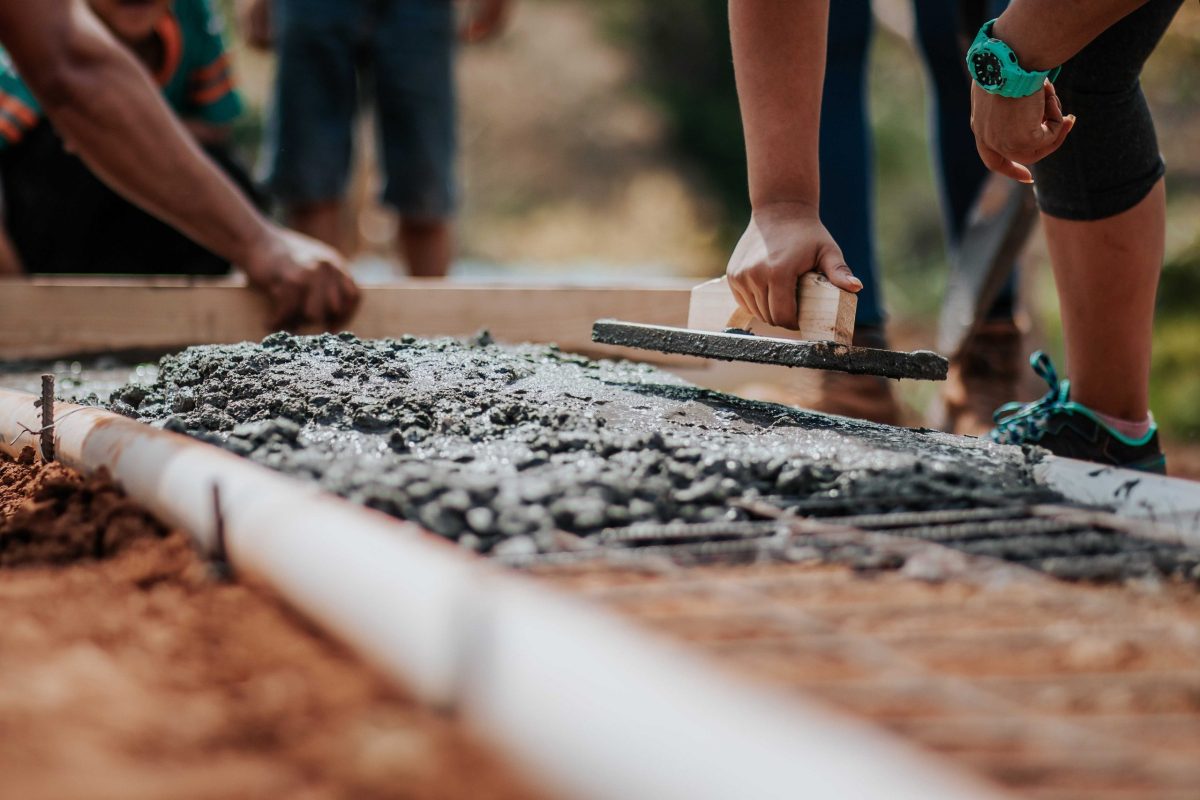
The costs and consequences of poor concrete practice are unnecessary threats to the survival of building and construction enterprises in the current challenging times, says John Roxburgh, senior lecturer at the Cement & Concrete SA’s School of Concrete Technology.
Roxburgh says getting construction projects done properly, on time and within budget requires proper education. “But such training is increasingly neglected – and the costs of bad concrete practice by a construction company, or by any concrete-related industry, are doing immeasurable harm to the economy and causing businesses to collapse. Concrete honey-combing, blow-holes, cracks, inadequate steel coverage, low concrete strength, lack of proper curing are but a few consequences that cost thousands of rand to remedy – if indeed remedial measures are possible,” he states.
“The problem is that without the knowledge of where they are going wrong, contractors and others involved in concrete operations, inevitably repeat the same errors. This naturally adds up to substantial amounts of lost time and money. A simple way to avoid such disasters is through adequate concrete education,” Roxburgh advises.
He says companies should select and “champion” a suitable staff member to become highly competent in concrete practice and technology and then use this person to train, advise, mentor and educate colleagues. “This does not only apply to construction companies. Technical sales staff should also be fulfilling this role for their clients. However, it is essential to channel such a person’s concrete education through a recognised training institution such as the School of Concrete Technology which has a track record spanning several decades.”
The School offers many different levels of concrete education courses but Roxburgh suggests an essential course to promote sound concrete site practice is “SCT20 Concrete Practice”, aimed at supervisory or technical advisory level. “This course, firstly, equips the participant with all the key fundamentals or ‘concepts’ of concrete and concrete practice and then encourages him or her to logically use these concepts to find workable concrete solutions. The result – which is ultimately a vital cost-saving measure – is that a supervisor, foreman or sales consultant on returning to work could then help teach fellow workers, or clients, on the correct approach to concrete projects.”
Originally a four-day live course, the School of Concrete Technology is now allowing students for “SCT20 Concrete Practice” to complete the training through online self-study on a flexitime basis to suit their personal availability. For more information about the course – which carries four CPD points – email rennisha.sewnarain@cemcon-sa.org.za
More news
- PART 2: DESIGN AND CONSTRUCTION OF SLAB-ON-GROUND: APPLYING ACI 318
- DESIGN AND CONSTRUCTION OF SLAB-ON-GROUND: APPLYING ACI 318
- DOK-ING’s innovative electric mining equipment unveiled at ElectraMining
- CONCOR’S MASTERY IN FAST TRACK PROJECT IMPLEMENTATION UNDERSCORED BY SAFETY AWARD
- PROMINENT SEA POINT HOTEL REFURBS WITH REHAU

